
The Ghana Anti-Corruption Coalition (GACC) has organised a sensitisation workshop on asset recovery and management for the media, community-based organisations (CBOs), and civil society organisations (CSOs) in Koforidua.
The workshop was organised as part of the project titled “Building Political Will and Public Support for Asset Recovery in Ghana”, with funding support from the Inter-Governmental Action Group Against Money Laundering in West Africa (GIABA).
The meeting aimed to deepen public understanding and strengthen the role of civil society and the media in advancing Ghana’s asset recovery efforts.
Speaking at the event, Mr. Solomon Nyankah, the Monitoring and Evaluation Officer, GACC, indicated that corruption severely affects developing countries, leading to annual losses of billions through embezzlement, bribery, and misuse of public resources.
Ghana loses about US$ 3 billion annually to trade mis-invoicing.
Mr. Nyankah said Ghana’s efforts to efficiently recover and manage stolen assets were undermined by lack of public awareness, weak institutional structures, and inadequate collaboration among civil society organisations, government agencies and the media.
Participants were taken through Ghana’s legal and institutional frameworks for recovering proceeds of crime and the role of citizens and the media in asset recovery.
Madam Esther Preprah Asamoah, from the Compliance Department of the Financial Intelligence Centre (FIC), Ghana, explained that asset recovery involved illicit assets obtained from proceeds of crime.
She said that the asset recovery process involved pre-investigation, investigation, judicial proceedings and the disposal or return of the assets.
Giving a brief overview of the asset recovery regime in Ghana, she stated that the development of Ghana’s Asset Recovery regime aligned with international obligations under the United Nations Convention against Corruption (UNCAC), which Ghana ratified in 2007.
Additionally, Ghana aligns with the Financial Action Task Force (FATF) Recommendations and the ECOWAS Protocol on the Fight against Corruption, which further guide its asset recovery efforts and legislative framework.
She said the legal frameworks for asset recovery were the Economic and Organised Crime Office (EOCO) Act, 2010 (Act 804); the Anti-Money Laundering Act, 2020 (Act 1044); and the Office of the Special Prosecutor Act, 2017 (Act 957), among others.
Regarding the role of civil society and media in asset recovery, she encouraged them to play the watchdog role to hold institutions accountable, practise investigative journalism to trace illicit assets, and be involved in policy and legislative reform.
On his part, Mr. Emmanuel Kwaku Dzakpata from the Legal and Prosecutions Department of EOCO, said one of EOCO’s functions is to investigate and on the authority of the Attorney-General prosecute serious offences that involve financial or economic loss to the state, state entity or institution in which the state has a financial interest.
He highlighted the challenges in asset recovery as asset recovery often requires litigation, which can be delayed due to congested court dockets, frequent adjournments, or procedural technicalities.
EOCO lacks the financial, technological, and human resources needed for complex investigations and asset tracing (especially across borders).
Recounting on its success stories, Mr. Dzakpata said in 2023 EOCO recovered 308million Ghana cedis, and 200million Ghana cedis in 2024.
It also confiscated landed properties across the country and built an international collaboration, for example (Asset Recovery Interagency Network Africa).
Recommendations given on the challenges were that EOCO must intensify the use of legal tools such as plea bargaining to improve recovery outcomes while conserving resources, continuous capacity building, policy reforms, and digital forensic tools are essential for tracking evolving financial crimes.
Other recommendations were the government, civil society, and development partners must support EOCO through funding, legislative backing, and public awareness campaigns to strengthen asset recovery and uphold accountability in Ghana.
GNA
The post Ghana Anti-Corruption Coalition organises workshop on asset recovery, management appeared first on The Ghanaian Chronicle.
Read Full Story
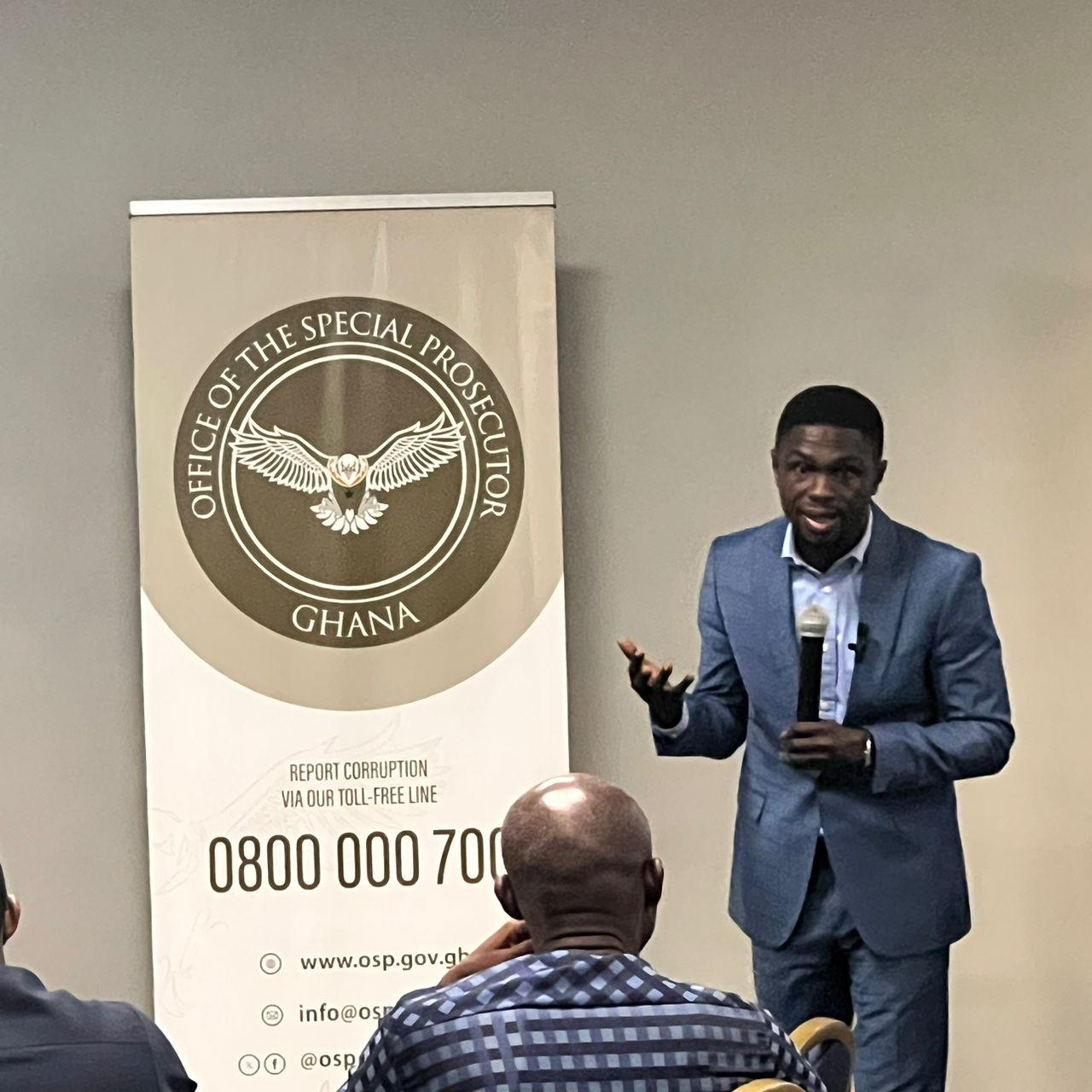
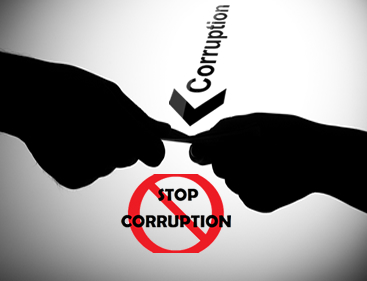
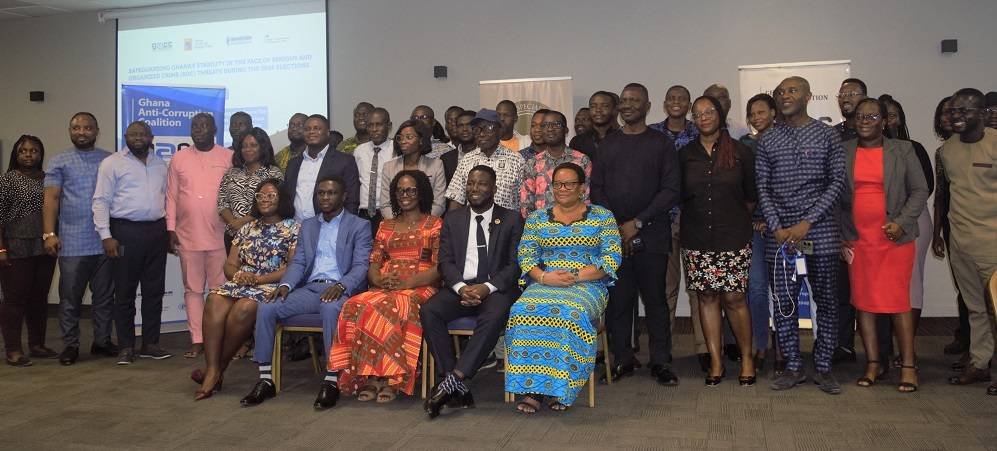
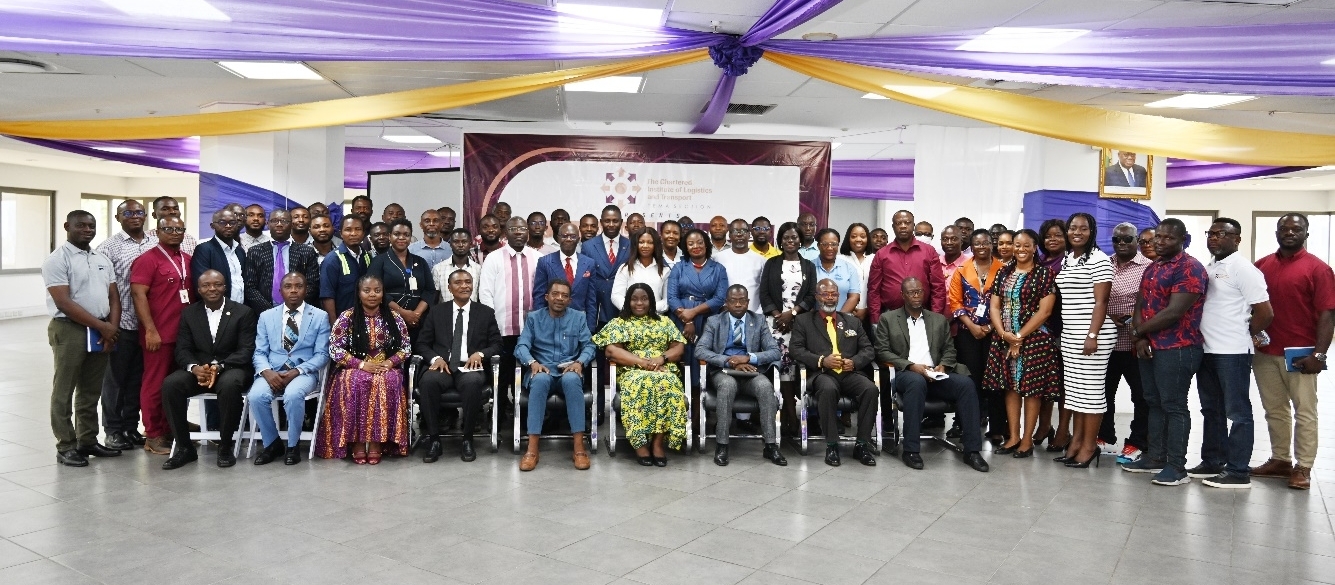
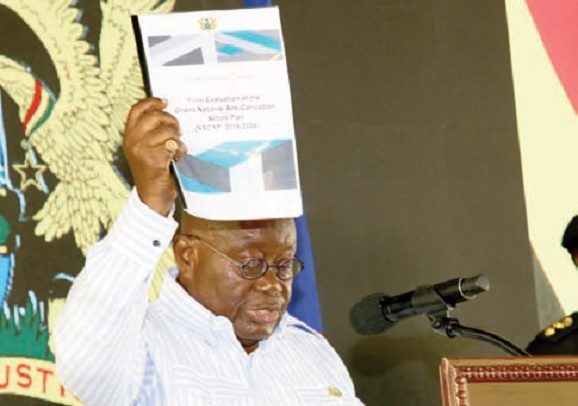
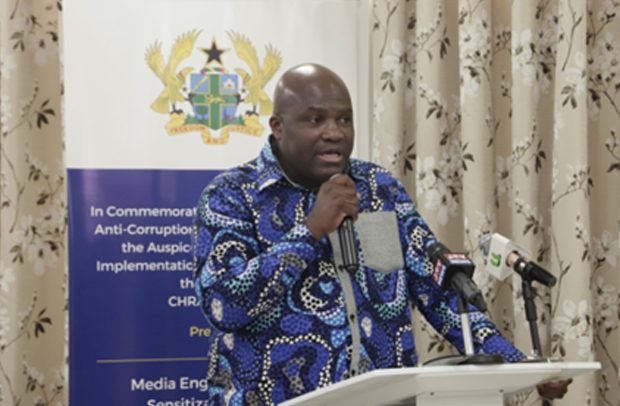
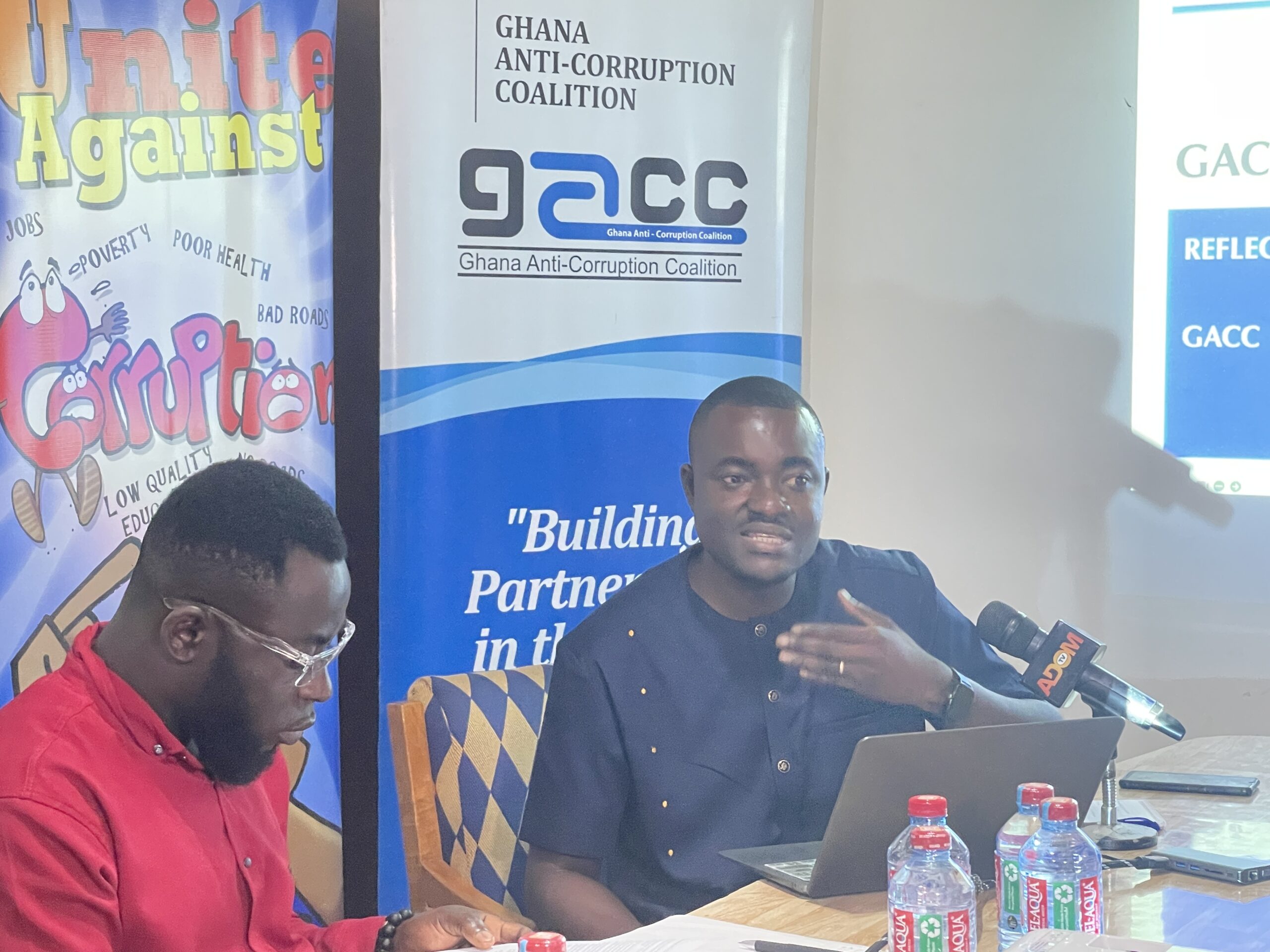
















Facebook
Twitter
Pinterest
Instagram
Google+
YouTube
LinkedIn
RSS